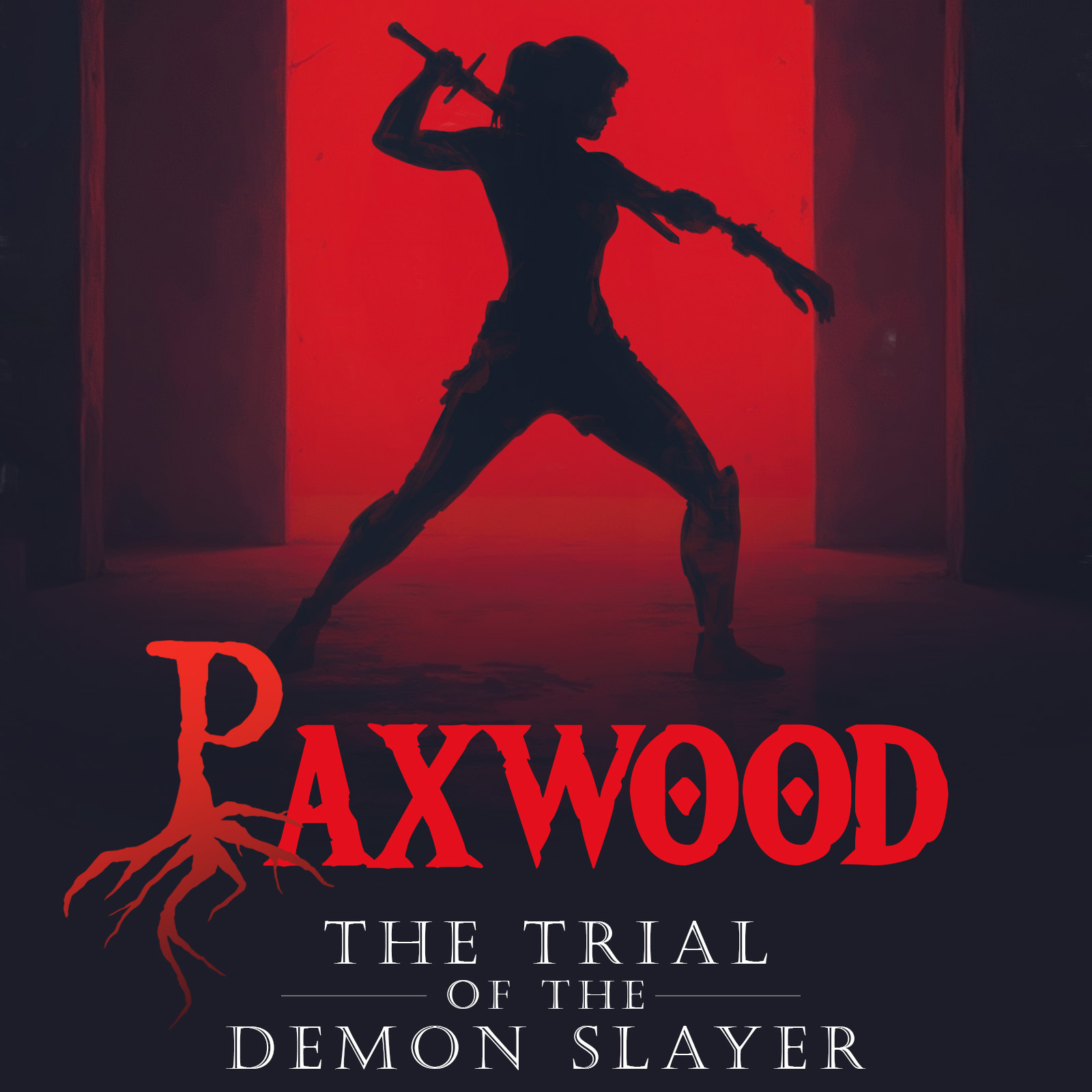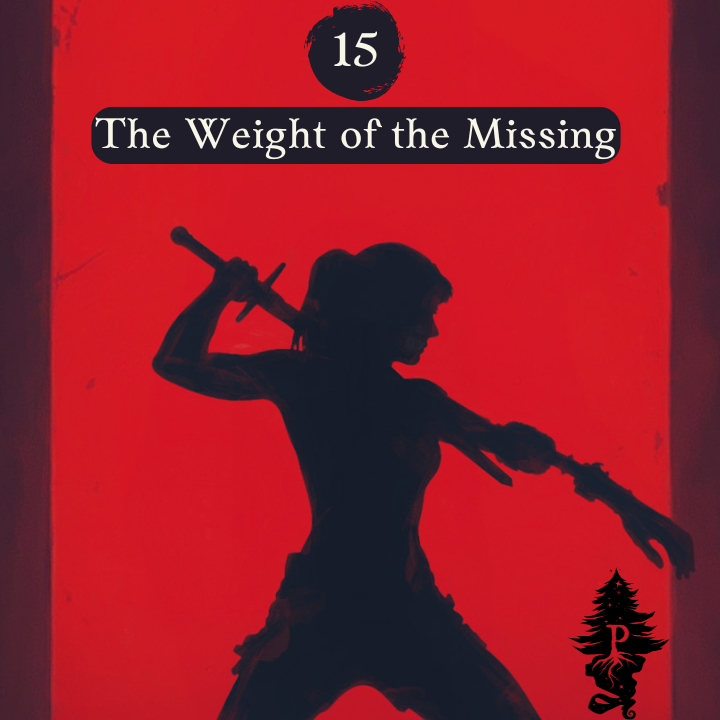In November 2010, as an unemployed college graduate living at home with her parents, I challenged myself to write one million words. (That’s where Paxwood was born, if you know about my Paxwood web serial project.) I learned a lot about my personal writing limits. I got almost 450,000 words and roughly the first six books of the series written.
I found that if I had absolutely nothing else to do, no distractions, and the plot all aligned in my head, I could technically churn out 30,000 words in a day—and then suffer and need recovery for a couple of days after. 10,000 words were also doable with less likelihood of burnout, but really 3000-5000 words was my maintainable pace at that time in my life.
Nowadays, alongside all the other activities I’ve got to complete in a day, the things I can’t neglect, maybe a consistent 500-1000 words on a workday. I’ve also taken time over the years to pace myself on edits, to get a sense for how long it really takes me to draft, revise, and proofread a novel. The exact time necessary fluctuates because the realities of my existence change, but the estimates help.
Patience
Pressfield’s discussion of patience hits home because of these experiences. He writes that the legend of a creator smashing together some amazing work of art is “the most pernicious species of myth to set before the awakening writer, because it seduces him into believing he can pull off the big score without pain and without persistence” (75).
I answer the myth of the overnight masterpiece with the story of Peter S. Beagle writing The Last Unicorn, possibly my most beloved book of all time. Beagle recounts his painstaking process in an essay written for the San Francisco Chronicle in 1968 and shared as the introduction to an anniversary edition. In short, it took years, a scrapped beginning and total restart of the book, and a great deal of patience and dedication for Beagle to put the story together. In the closing of that essay, he writes:
But it’s all right; it’s all right; it’s a good book! I know that know securely now that nothing else matters, even if The Last Unicorn is on the 77-cent tables before school is out. The damn book is full of happiness, and I don’t know where it came from. I swear I don’t remember putting it in.
Peter S. Beagle
When I realized that one of my all-time favorite stories took so much effort over time for the author, it gave me hope that I could find my way, too. The path is longer and more winding than any creative could ever imagine, but the destination is always going to be there for us, if we’re patient and persistent enough.
The Subjective Nature of an Ordered World
After Pressfield describes his experience of living chaotically in his van, he asserts: “[The professional] is on a mission. He will not tolerate disorder. He eliminates chaos from his world in order to banish it from his mind. He wants the carpet vacuumed and the threshold swept, so the Muse may enter and not soil her gown” (77).
I contrast this with his later assertion in this chunk, where he states: “The professional conducts his business in the real world. Adversity, injustice, bad hops and rotten calls, even good breaks and lucky bounces all comprise the ground over which the campaign must be waged” (81).
Any order we try to create in our worlds is subject to actual lived existence. As a teacher, I know that no matter how well I organize my classroom, by the end of the school day, the students will have left laptop chargers plugged in around the room instead of bringing them up front. There will be at least three mystery pencils left behind in the strangest places. Someone’s snack wrappers will be cast carelessly in the back corner because they didn’t want to take thirty seconds to handle their own trash, no matter how much I try to motivate them to do so.
I can set the norms and build relationships, provide positive reinforcement or punishment. I ultimately can’t, however, actually put other people in order. Other people get to make choices for themselves, and I have to operate around those decisions.
If I put too much focus on physical order, I lose time on the actual purpose.
In my classroom, I’ve learned that means that sometimes I teach within the chaos. In my creative life, it means I accept that there will be times when the only way I’m making progress this week is if I write on my phone for ten minutes during my lunch break.
Even so, I love having my actual writing space set up and ordered. Virtually, I do my best to keep my files sorted and organized in a way that I can find them whether I’m on my computer or on my phone. (I’ve fallen short lately and I need to do some organizing, but I try.) The better-organized my virtual writing space is, the more quickly I can find what I was working on and keep moving forward. Physically, my writing desk is a shrine to favorite characters—my own characters and those of other creators. A few books I reference frequently for inspiration are kept close at hand. If something is interrupting my flow, I change it up until it works.
Order is also a subjective thing. If I tried to impose my kind of order on my husband’s desk, he wouldn’t be able to find anything he needed.
Mihaly Csikszentmihalyi discusses both the physical aspects of order and ordering our time. He writes, “Taking charge of one’s home or office environment—throwing out the excess, redecorating to one’s taste, making it personal and psychologically comfortable, could be the first step in reordering one’s life” (Finding Flow, page 46).
There’s a whole self-help book genre dedicated to helping people to organize their space and tidy up. Nothing works for everyone, and finding what works for you can be a whole process, but an incredibly worthwhile one.
Ordering our time is a similarly personal path of discovery. Csikszentmihalyi writes: “There is no day or hour that is best for everyone. Reflection helps to identify one’s preferences, and experimentation with different alternatives–getting up earlier, taking a nap in the afternoon, eating at different times–helps to find the best set of options” (Finding Flow, page 47).
Taking the time to understand yourself, figure out the order that works for you, test out new suggestions, is part of the creative journey, which leads into my third focus point
Preparation
How is it we can accept no excuses, play it as it lays, and demystify the whole process of our creative pursuit—all things that Pressfield discusses?
Preparation.
Pressfield writes, “The professional prepares mentally to absorb blows and to deliver them. His aim is to take what the day gives him. He is prepared to be prudent and prepared to be reckless, to take a beating when he has to, and to go for the throught when he can” (82).
In some ways, that sounds like we’re supposed to just go with the flow. On the bad days, we’re absorbing blows, and on the good days we’re delivering them. So, we let go of pre-conceived notions or intentions or goals, and we go with the cards we’re dealt on the day to day?
Not exactly.
Csikszentmihalyi gives us some insight into what this preparation might look like in practice: “Learning to manage one’s goals is n important step in achieving excellence in everyday life. To do so, however, does not involve either the extreme of spontaneity on the one hand, or compulsive control on the other. The best solution might be to understand the roots of one’s motivation, and while recognizing the biases involved in one’s desires, in all humbleness to choose goals that will provide order in one’s consciousness without causing too much disorder in the social or material environment” (Finding Flow, 25).
The more we learn to understand ourselves, our motivations, our coping mechanisms, our self-sabotaging behaviors, the more prepared we become. When I recognize the start of a negative thought spiral, I can cut it off before it becomes crippling. If I know I find motivation from a certain quote, I post it where it will lift me up when I need it most.
Preparation isn’t just for the negatives, though. Preparation is also about knowing your worth. Whenever I feel like I can’t cut it, I can glance at my dual master’s degrees as some tangible proof that I’m prepared. Even without institutional approval, I can look back over past manuscripts and journal reflections to see my growth over time.
It also helps to know how to act when someone gives you that “Yes” you’ve been waiting for. What questions should you ask before you sign a contract? Or, what can you expect from a marketing campaign, and what should you expect to contribute? Taking time to understand the system you’re engaging in—whether it’s traditional publishing, self publishing, or any other creative system—helps you make the best decisions for yourself.
Patience brings us the reminder that we’re not alone in this. We can reach our destination, no matter how long and winding the path.
Order provides a sense of control over our pursuits. Through trial and error, we find the atmosphere and strategies that work best for us.
Preparation reminds us that we’re strong enough to overcome inevitable challenges, and we deserve the positive opportunities that come our way.

Stephanie Gildart weaves tales in writing and crochet. As a child growing up near Seattle, she checked out so many books that she memorized her library card number. She received her MA/MFA from the Simmons University Center for the Study of Children’s Literature in Boston. When she isn’t writing or teaching English, she loves to crochet amigurumi dolls of fantasy creatures, play tabletop roleplaying games and board games, and sing.




 Read Paxwood
Read Paxwood
